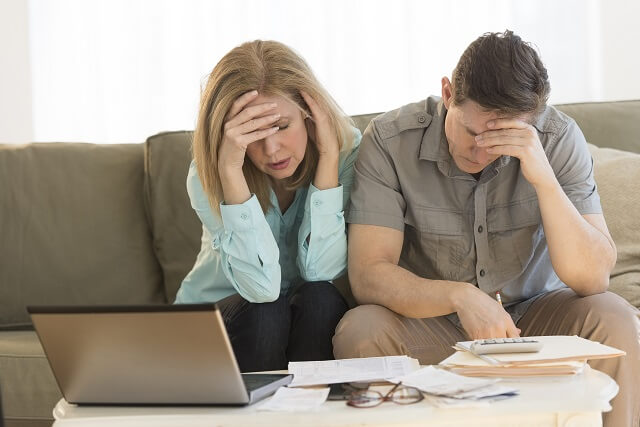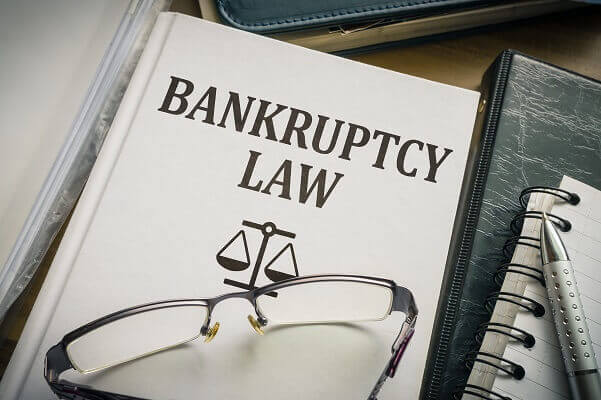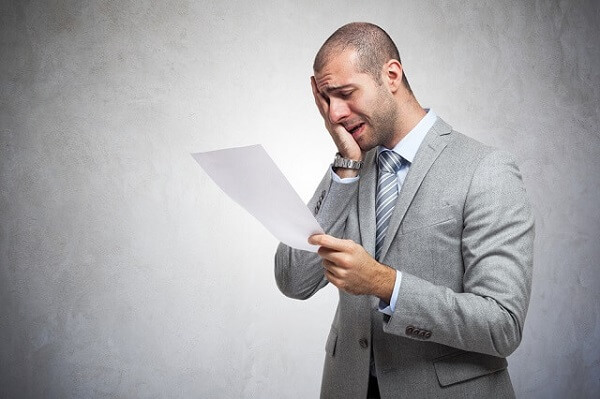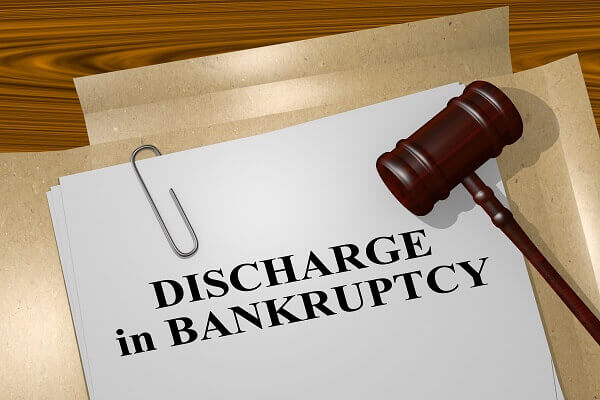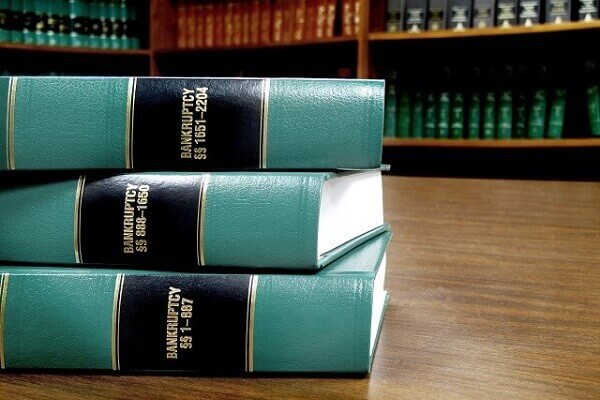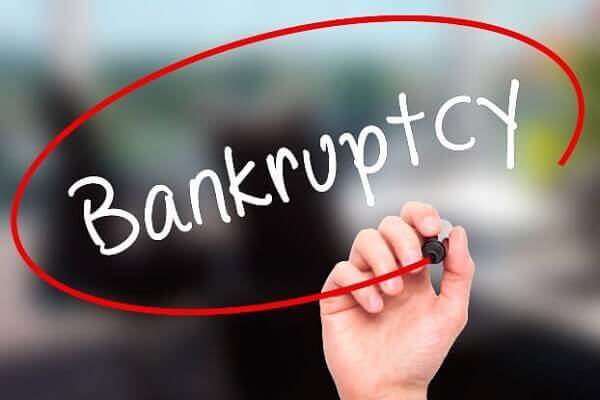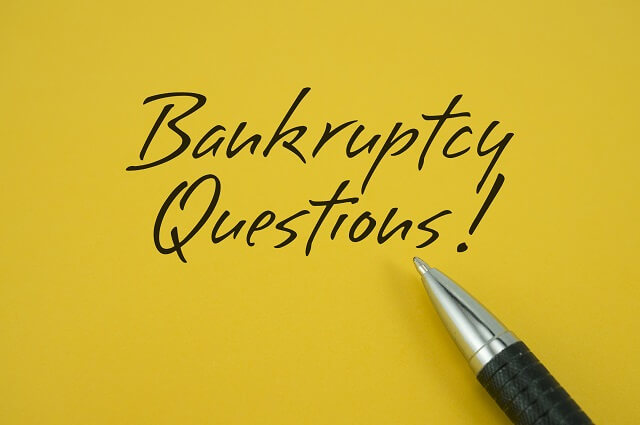Will Bankruptcy Save My Home from Foreclosure?
Will bankruptcy save your home from foreclosure? Most homeowners facing bankruptcy are worried about one thing — the family home. Are you significantly behind on mortgage payments and struggling to meet debt obligations? If your mortgage lender is threatening to foreclose, bankruptcy might be your only option. With the protections of bankruptcy, you could prevent…
Insolvency Versus Bankruptcy: What is the Difference?
Insolvency and bankruptcy are often confused. While both apply to a business struggling to pay its obligations, each has different processes and outcomes. What is Insolvency? Insolvency is considered a financial status. It means that a business cannot promptly pay its obligations. According to the Internal Revenue Service (IRS), a business is insolvent when the…
What is Pre-Bankruptcy Counseling?
Most bankruptcy cases require that you have credit counseling, or pre-bankruptcy counseling, in a specified number of days before you can file the bankruptcy protection order in court. You will also be required to complete a course on debt management before your debts are discharged. This is the court’s way of ensuring that you learn…
What Are the Bankruptcy Exemptions for Chapter 11 and Chapter 13?
Each form of bankruptcy works in its own way, with Chapters 7, 11, and 13 differing from one another substantially. One of the biggest differences is how exemptions are applied when it comes to your personal property. What are the bankruptcy exemptions for Chapter 11 and Chapter 13? Chapter 11 Filing for Chapter 11 means…
What is a Proof of Claim in a Bankruptcy Case?
What is a proof of claim in a bankruptcy case? It is a written statement that tells the court, the debtor, and the trustee, along with other interested parties, that a creditor will exercise the right to receive a payout from the bankruptcy estate. In a Chapter 7 or Chapter 13 consumer bankruptcy case, when…
What is a Bankruptcy Discharge and When Does It Happen?
What is a Bankruptcy discharge? At the end of your bankruptcy, you receive a discharge. This is a court order that is used for Chapter 7 and Chapter 13 bankruptcies, and it relieves you from debt obligations associated with the bankruptcy case. To receive a discharge from the court, you must satisfy all requirements. Once…
Using Bankruptcy to Manage Your Tax Burden: Is It Possible?
Can you use bankruptcy to manage your tax burden? Heavy tax burdens, whether it is past due state taxes or taxes due to the Internal Revenue Service (IRS), are stressful for any consumer. For most cases of tax debt, you cannot discharge those taxes through bankruptcy. While this sounds discouraging, you still have options for…
Will Your Spouse be Affected if You File for Bankruptcy?
Will your spouse be affected if you file for bankruptcy? In most cases, a married couple decides to file for bankruptcy together. However, there are instances where one spouse carries more premarital debts; therefore, it makes sense for only him or her to file. If this situation sounds like your own, you may wonder how…
What Happens if I Cannot Make My Bankruptcy Plan Payments?
When you file for Chapter 13 bankruptcy, the court assigns a repayment plan. This repayment plan was originally proposed by you and your bankruptcy attorney, and the court accepted it. Therefore, you are required to make those payments on time to the court’s trustee. But, what happens if you cannot make your bankruptcy plan payments?…
Five Tips for Surviving Your Chapter 13 Bankruptcy
Can you survive your Chapter 13 bankruptcy? Chapter 13 bankruptcy is not a quick process. Instead, you will be spending several years reorganizing your debts and catching up on missed payments. But, in return, you will keep your assets and not have to liquidate property. While there are pros and cons to Chapter 13 bankruptcy,…
